Fishing nets Using EDX
This article introduces an example of analysis using EDX on actual fishing nets collected on the Playa de Muro beach on the Spanish island of Majorca and the Paal 9 beach on the island of Texel in the Netherlands, and on fishing nets obtained from a recycling plant.
Analysis using EDX on actual fishing nets collected on the Playa de Muro beach on the Spanish island of Majorca.
Figs. 1 show the fishing nets and fishing lines collected at Majorca island in Spain and Texel island in the Netherlands. From the results of qualitative quantitative analysis by EDX, it was found that the Cu content of the samples in Figs.1 was less than 0.03 wt%, and that they have no Cu protective coating.
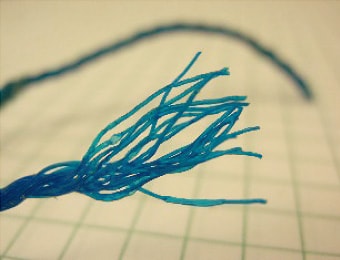
Qualitative results: polyethylene, calcium carbonate, silicate
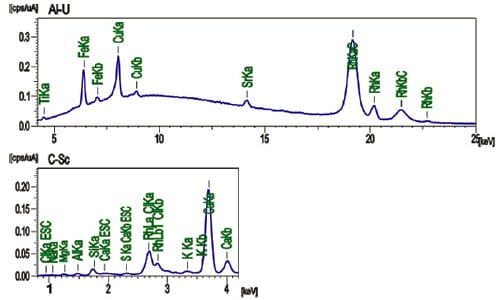
EDX Measurement Results Fluorescent X-ray Profile
Analysis using EDX on fishing nets obtained from a recycling plant
The Cu content was estimated to be 15 wt% in the sample in Fig. 2, so it could be inferred that was fishing net with a Cu protective coating.
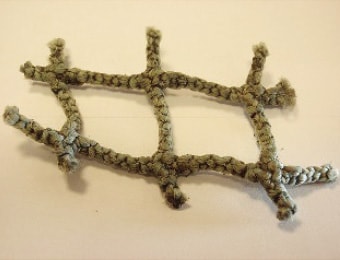
Figs. 2 Qualitative results: polyamides, acetates
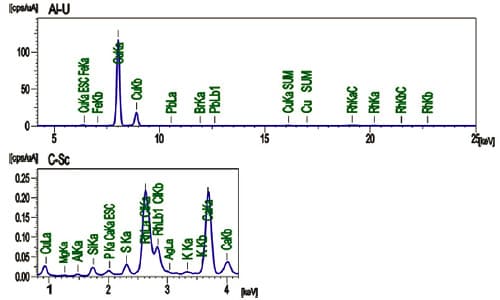
Results of Measurement Using EDX of Fishing Nets obtained at a Recycling Plant
![]()
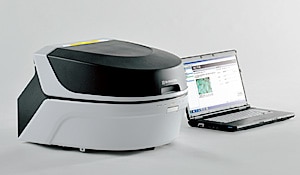
Energy Dispersive X-ray Fluorescence Spectroscopy(EDX)
The energy dispersive X-ray fluorescence spectrometer irradiates the sample with X-rays and measures the energy (wavelength) and intensity of the generated fluorescent X-rays to determine the type and content of the elements comprising the sample. As X-ray fluorescence spectrometry permits the non-destructive elemental analysis of solid, powder, and liquid samples as well as rapid, non-destructive testing for harmful elements in printed circuit boards and other electronic devices.


